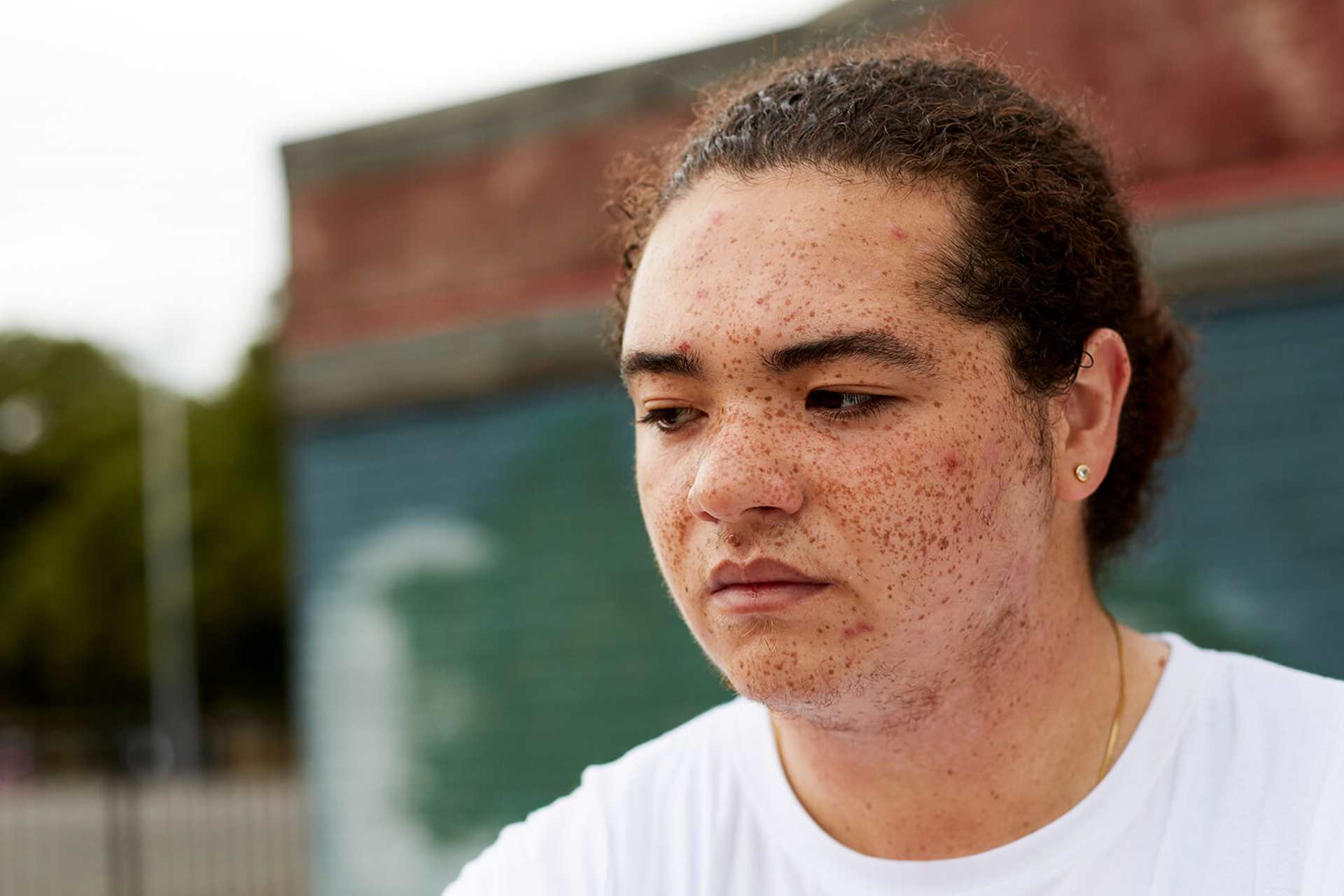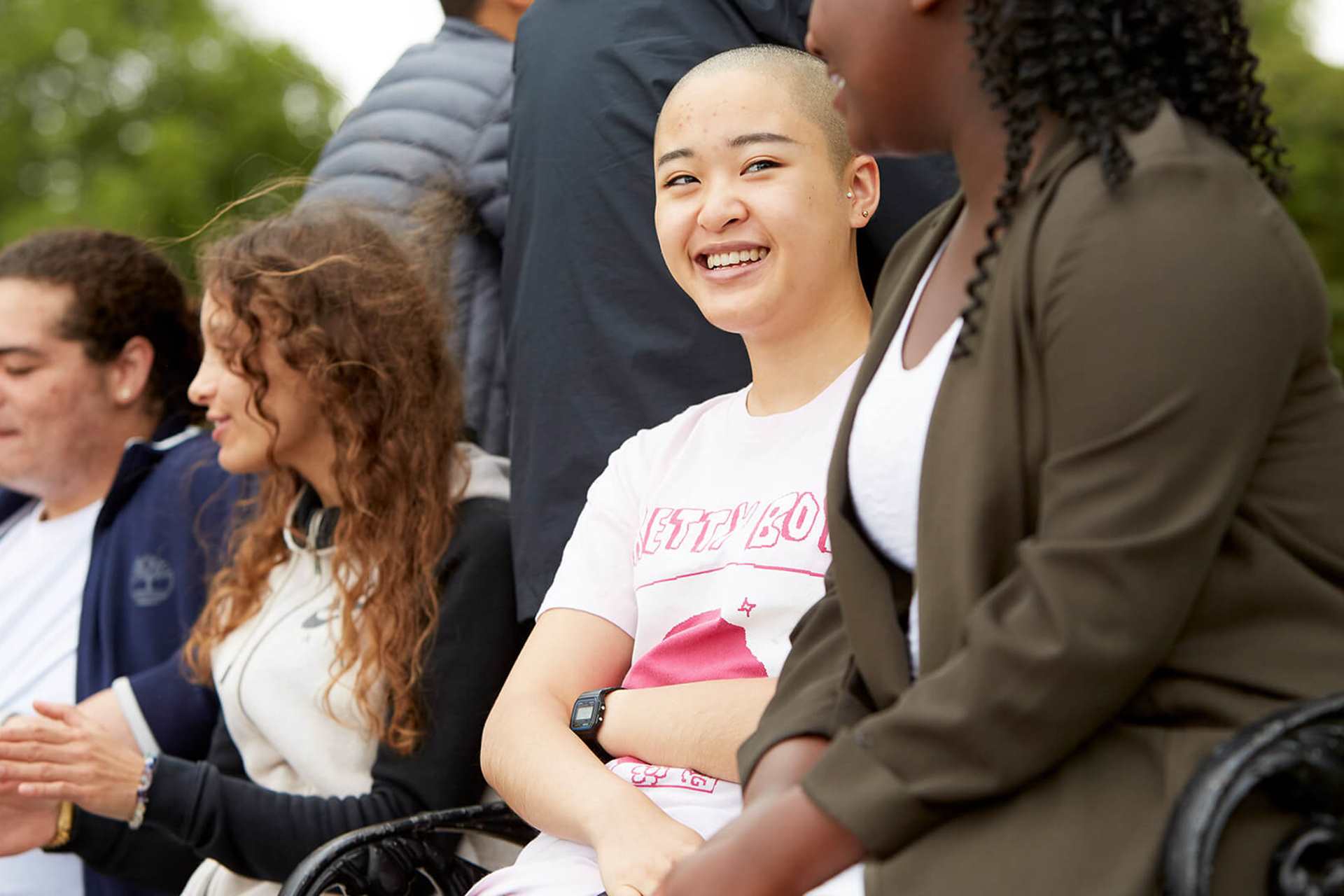Topics mentioned: transitions, mental health at university, anxiety, getting support from mental health services
About: Nearly 426,000 young people will start university in the next few weeks; with new studies, places and people. Often they’ll be living away from home for the first time too. Exciting - and the result of hard work – this time can also feel daunting or lonely, for students and parents alike. So how can parents help their young adult children prepare emotionally and practically?
Base the help you give your child on their needs
Some need more support than others. That’s fine. Your child may be on top of everything from bank accounts to module registration, or they may feel overwhelmed and frozen. Young people with special educational needs and disabilities (SEND) or mental health conditions are especially likely to need extra help to identify and complete tasks, and to minimise anxiety around transition.
Work on practical life skills
Your child will need to be more self-sufficient than before, especially if living away. Teach them a handful of simple, cheap meals to cook on rotation and make sure they can use a washing machine (but accept the possibility of many packet noodles and grey laundry).
Careful planning now can reduce money worries later, particularly if finances are very tight. UCAS and Student Minds have advice on budgeting and financial support possibilities. Even financially comfortable students can struggle with budgeting, and there may be costs they haven’t considered (books, bills, travel, for instance).
Talk about wellbeing and mental health
Ask how they are feeling - and listen. Preparations like shopping or packing can facilitate a chat that doesn’t feel too direct. (See our guide to talking to your child about mental health for more tips.) Your child may feel sad leaving family and friends; nervous about meeting new people; worried about academic pressure; excited to get started. Focus on positives, but acknowledge their concerns. Reassure them that a range of emotions is normal.
Like any significant change, starting university can understandably lead to feelings of insecurity, anxiety and at times unhappiness or even distress. This doesn’t mean your child has a mental health problem. It’s important you affirm what they’re going through, but also express hope that they can find a way to manage these feelings.
Many young people struggle with wellbeing for the first time at university, so make sure they’re aware of student support services on campus should they need them. The university website should have details. UCAS has information about types of help, and Student Space has services listings for universities in England and Wales.
If your child has mental health or other additional needs this is really important. Encourage them to register promptly with student support services and GP at university and to take up Disabled Students’ Allowance (DSA) if they haven’t already. Working together on a plan to follow if things feel difficult will reassure you both.
Encourage healthy routines and self-care
Exercise, fresh air, sleep and vegetables aren’t typically top fresher priorities, but it’s still worth championing good habits. Encourage your child to identify things they know help them if they’re feeling low or overwhelmed; and how they can build these into university life. It could be joining a relevant club, or just knowing they don’t have to do everything, and that a favourite film or early night is fine. Our guide to self-care has more ideas.
Booking my son’s accommodation prompted a discussion about what he’ll need, but also what he'd like to take to make it feel like home.
Manage expectations, and give it time
Young people’s expectations - of experiences and of themselves - aren’t always realistic. This can lead to disappointment and lower self-esteem. Encourage your child not to compare their experiences to what they might see on social media. The reality is that no-one enjoys everything about university life, all of the time. Social activity may feel overwhelming; they may not make friends immediately; independent study might feel unexpectedly challenging. Reassure them it takes time to settle, that things often get better, and that they can always talk to you about it.
If it doesn’t work out, help them find and feel positive about other options that are right for them.
Discuss your keeping in touch plan
Your child needs to know they can contact you, but don’t expect too much. Home contact is very important, but young adults also need space to develop independence. Fixed check-in times work for some, but may feel like a bind if your child is busy, so be flexible. A pet photo or snippet of sibling news can be a less demanding communication prompt than too many “How are you? What are you doing?” calls.
Let them know you’re there for them night and day and to just call if they need you, rather than putting the onus on them to keep to a schedule.
Look after yourself
This is a huge transition for you as well. It’s completely understandable to feel sad, lonely or worried about your child coping. Or you may feel guilt, or relief, if family relationships have been difficult. Your emotions may take you by surprise. However you feel, try not to project this onto your child, to avoid fuelling their anxiety or making them feel guilty.
Be kind to yourself. Could you start a new hobby, spend more time with friends, or just appreciate an un-raided fridge? For more information and support see our parents’ guide to looking after yourself.
Where to find support
-
Nightline
A free, confidential listening service run by students for students, for you to talk about anything that's on your mind.
Services and opening times vary from institution to institution, but often there is a phone, text, email and live chat service.
See if your university has its own Nightline listening service by searching online. You can also use Nightline's directory by clicking the link below.
- Opening times:
- Varies from university to university
Spread the word






